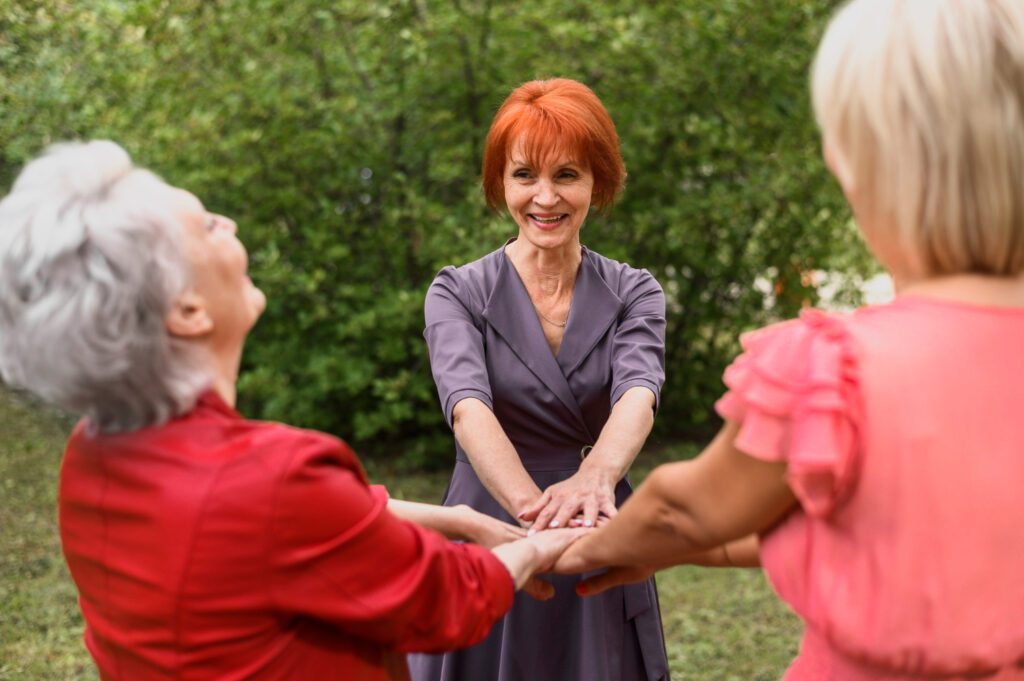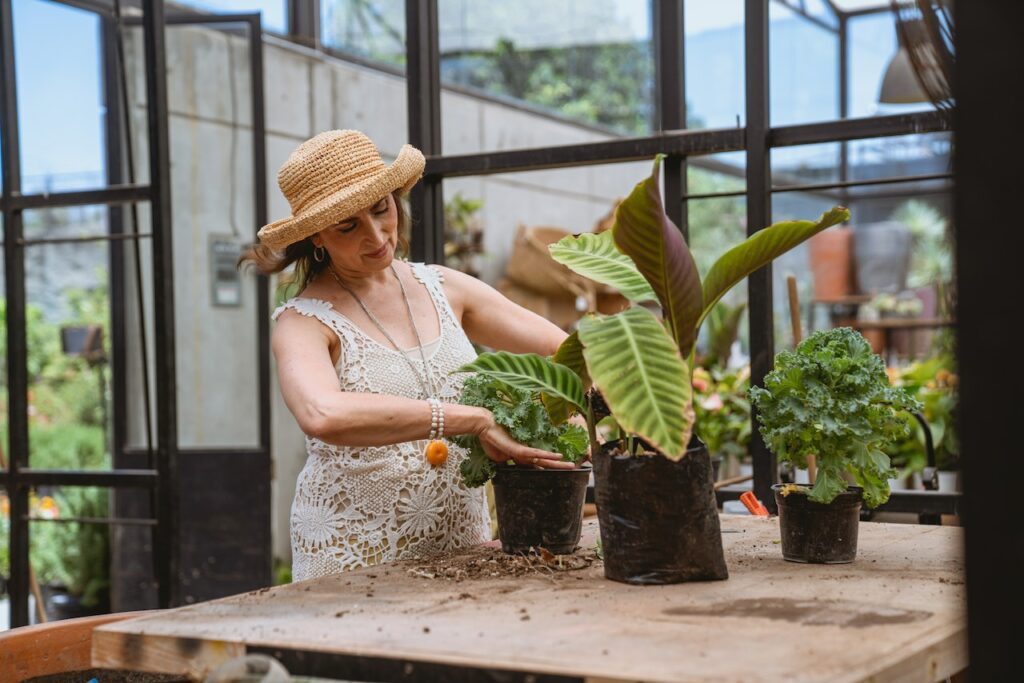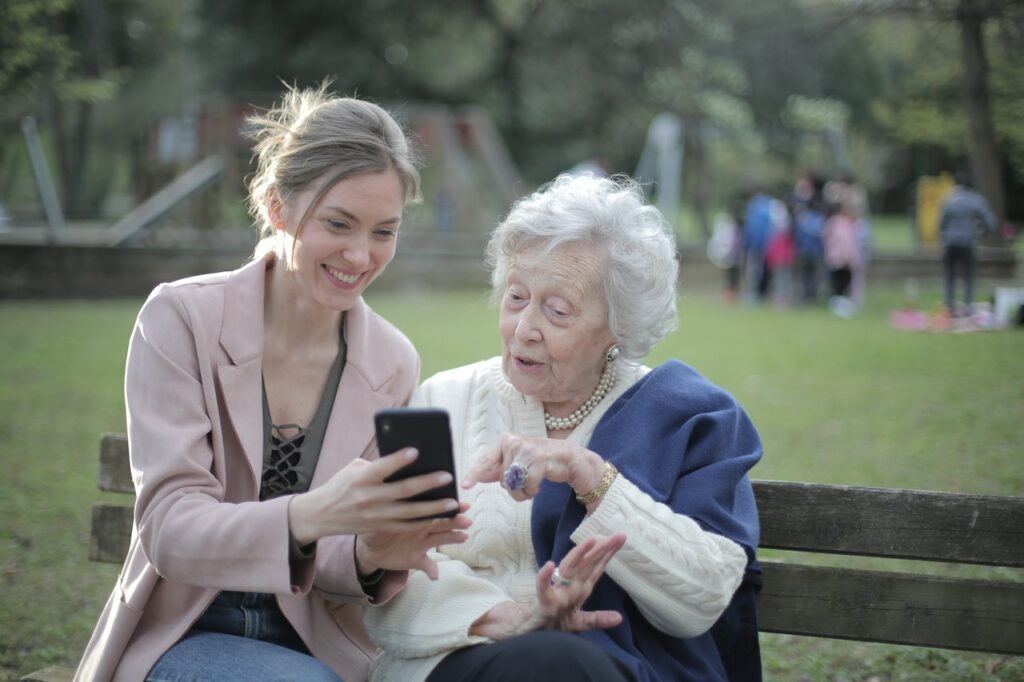We deserve to spend our free time on things we like and that benefit us. These activities should lighten our spirits and excite our thoughts, filling our everyday lives with meaning and purpose. We provide this thorough list of things to spend your newfound spare time.
These activities attempt to engage your intellect, build social relationships, and promote personal growth while being budget-friendly. The calming touch of nature, the stirring rhythms of music, the creative fulfillment of crafts, and the soothing company of pets are all covered in this book. Each action may elevate mundane situations.
Our tastes change as we grow. Therefore, we urge you to examine each proposal with an open mind, recognizing that what connects with you now may not be what attracted to you yesterday. Who knows? You may discover a hidden passion.
This essay is more than a list of suggestions—it’s a path to happiness. Peruse this collection, try various activities, and enjoy each minute. In our pursuit of happiness, we must remember that free time is a treasure. Let’s begin!

Enjoy Gardening
Let’s start our free-time adventures with gardening’s relaxing greens and brilliant hues. Gardening lets us connect with nature. Planting seeds and seeing them grow into blooms is almost relaxing.
Each garden activity is gratifying. Each gardening step has its appeal, from preparing the soil and planting seeds to caring for the plants and harvesting the fruits (or flowers, or veggies!). These chores follow nature’s cycles. It anchors us and reminds us of the planet and life cycle.
Gardening is a sensory and mental exercise. Every choice, from what plants to cultivate to how to get rid of a pesky weed, engages the brain, improving problem-solving and planning. A 2017 National Institutes of Health research found that gardening may assist elderly persons in avoiding dementia.
Gardening also unites individuals. Gardening clubs in cities and towns allow lovers to exchange insights, trade seeds, and celebrate this caring passion. These events build communities and connections across generations. These groups create strong social networks that improve well-being outside the garden.
You can start gardening with just a few container gardening tools, seeds, and pots. Depending on your tastes and garden size, gardening might be expensive, but the delight and satisfaction it brings are worth it.
Seniors’ gardening advantages are well-known. The “stress hormone” cortisol may be significantly reduced through gardening, according to a 2016 Journal of Health Psychology research. Gardening is a great holistic activity for seniors since it boosts mood and provides low-impact exercise, according to the research.
Feel the Cooking Magic
From the outdoors to the kitchen, the heart of any house. Every meal becomes a culinary experience when you cook as a passion. It’s about feeding our spirits and finding delight in creation.
Cooking requires accuracy and inventiveness. You measure, cut, marinate, and stir. You participate in a process as old as civilization as elements change under heat and combine to make a meal. It’s about making a recipe your own by adding your own twist.
We exercise our minds while cooking great meals. Cooking demands planning, multitasking, and problem-solving, which boosts brainpower. Coordination, cooking times, and taste adjustments require mental juggling. Cooking may stimulate the mind.
This pastime is also social. Cooking together creates a wonderful bond. Senior cooking workshops let you meet like-minded people and discover new dishes. These sessions may become social cooking groups where participants take turns hosting, strengthening friendships and learning.
Cooking has the power to convert basic items into a feast for the body, mind, and spirit. Each dish delivers fresh tastes and each meal brings new tales and smiles. Enter your kitchen, put on an apron, and start the magic.
Unlock Creativity With Crafts
Next, we explore arts & crafts. This category includes painting, ceramics, knitting, jewelry-making, and more. These exercises turn ordinary materials into amazing art.
Crafting is creative inquiry. Imagine shaping clay into a lovely pot or knitting a snug shawl. You may like sketching’s calm concentration or painting’s vivid chaos. Each craft lets you express your creativity and create something unique.
Arts & crafts are fun, but their mental advantages are much more significant. Crafting boosts creativity, spatial thinking, and problem-solving. Mindfulness promotes quiet attention. Each brushstroke or stitch adds to a greater image, requiring time and skill.
Crafts also foster community. Local groups let enthusiasts exchange methods and motivate one other. These get-togethers foster friendships. These groups improve well-being and social connection via companionship and shared enthusiasm.
Crafts may be cheap or expensive. Materials vary for each craft, but there are always budget-friendly possibilities. Crafting supplies may be discovered at thrift shops, garage sales, or in nature.
Research shows arts and crafts improve elderly well-being. In 2011, The Gerontologist reported that arts and crafts helped lower anxiety and boost happiness in older persons. Such activities might provide mental stimulation and emotional happiness as non-pharmacological treatment.
In summary, arts and crafts allow limitless inventiveness. It’s a fun, exciting activity that creates beautiful works and brings people together. So grab a paintbrush, clay, or yarn and unleash your imagination.
Feel the Book Club Power
Let’s get into book clubs. Imagine a location where bookworms share their literary opinions. A book club is about exploring plots, characters, and fictional universes as a group. You get to become an active participant in the tale. Each book sparks personal opinions and serious dialogues. It broadens your comprehension and enjoyment of the tale.
Reading has huge cognitive advantages. Reading boosts focus, vocabulary, and memory. Cognitive engagement and mental images keep the brain active and flexible. Empathy, a vital part of emotional intelligence, is developed through exploring diverse characters’ viewpoints.
Book clubs’ social side outweighs their cognitive advantages. These literary events build community. These groups build strong relationships and respect via their debates. Literature creates strong, lasting bonds.
Book clubs are cheap too, if not even free. Many libraries provide free book clubs and supply the books. Buying secondhand books or sharing copies with members might save book prices. Book clubs improved cognitive function, depression, and self-reported health in older persons, according to a Journal of Aging and Health research. Book clubs may benefit from cognitive engagement and social connection, according to the research.
To conclude, book clubs are powerful because they build community and intellectual stimulation. It connects reading alone with shared experiences. So read a book, then join a book club to relive the plot. Your story awaits.
Get Into Genealogy
Imagine yourself as a detective, uncovering the strands that connect you to generations past to learn who you are. Genealogy involves researching family history. It includes historical study, family history, and genetic testing. Each clue and ancestor you locate adds to your family’s rich tapestry.
Genealogy is a brain-stimulating treasure hunt. Historical records and family trees involve critical thinking, problem-solving, and pattern detection. Genealogical research stimulates the brain, improving cognitive wellness.
Genealogy clubs and organizations allow enthusiasts to share results, research methods, and historical occurrences. These communities create strong social links and a feeling of belonging via shared history and camaraderie.
This hobby is therapeutic, social, and personal. In the Journal of Aging Studies, older persons who did genealogy research expressed personal progress and life happiness. This practice enhances personal identity and emotional well-being by fostering continuity between generations.
History and family heritage buffs will enjoy this cognitive-emotional excursion. Dust out those family albums and explore your ancestors’ fascinating world. Discover the past.
Enjoy Music
Let’s crank up the volume and enjoy music. Imagine getting carried away by a symphony’s crescendo or tapping your foot to a jazz beat. Music, in all its forms, may provoke a range of emotions, unite civilizations, and calm the spirit.
Active music enjoyment goes beyond passive listening. Understanding genres, historical and cultural backgrounds, and the details that make each work distinctive are required. Discover the subtleties of a Mozart symphony, the revolutionary energy of 60s rock music, or the lyrical brilliance of a modern pop song.
Music nurtures souls and brains. Actively listening to music boosts attention, memory, and emotional processing. It improves cognitive agility and brain health by exercising the mind.
Of course, music enthusiasts may share their discoveries and thoughts in local music appreciation groups or workshops. These events promote unity and belonging by developing social bonds.
Public libraries provide free music collections and music appreciation activities. Free and paid music streaming services provide a wide range of genres from across the globe.
Music has frequently been shown to benefit elders. Music may lower stress, increase mood, cognitive performance, and physical health in older persons, according to an International Journal of Alzheimer’s Disease research. The research found that without medication, music may improve elders’ mental and emotional health.
Today, try to put on your headphones, listen to a symphony, or attend a local music appreciation event and let the music take you away.
Pets Strengthen Bonds
Imagine returning home to a loving, purring pet – oh, the joy! Owning a pet creates a cadence of calm moments, enjoyable playtimes, and a special attachment that defies words.
Pet care drives pet ownership. These include feeding, grooming, exercise, and fun. Every encounter with your pet strengthens a link that offers enormous delight and comfort.
Pets enrich our life and improve our emotional and cognitive wellness. Pet care practices provide the mind structure and purpose. Pets, particularly dogs who require walks, promote exercise. Pets also provide emotional support and reduce loneliness, improving mental health.
Pets are great social icebreakers. Dog parks, pet owner clubs, and walks may lead to talks with other pet owners.
Many studies show that pet ownership benefits elderly. among the Journal of Aging and Health, pet ownership was linked to decreased blood pressure, loneliness, and physical activity among seniors. The research highlighted how keeping a pet may improve physical, mental, and emotional wellbeing.
Pets provide company, affection, and cerebral stimulation. It’s about fun and camaraderie. If you’re contemplating adopting a furry, feathery, or scaly buddy, know that they’ll improve your life in many ways.

Intergenerational Volunteering
Volunteering may take many forms, but it always involves helping others. It might entail instructing kids, volunteering at a food bank, cleaning up the town, or befriending lonely people. Every act of service, great or little, has a beneficial influence on both the giver and the recipient.
Volunteers use their minds, hearts, and muscles. Problem-solving during event planning and communicating with varied groups of individuals are cognitively stimulating. Engaging the brain keeps it bright and healthy.
In other words, volunteering allows you to connect with your community, give back, and feel great. It celebrates human connection and empathy, making an influence beyond service. Consider volunteering for a cause you care about—the benefits will be worth it.
If you made it this far, congrats! Now you’re hopefully feeling inspired to pursue something new. If you still don’t know where to start, you can also check out our post on Top 9 Best Activities for Seniors to Embrace Newfound Free Time!














